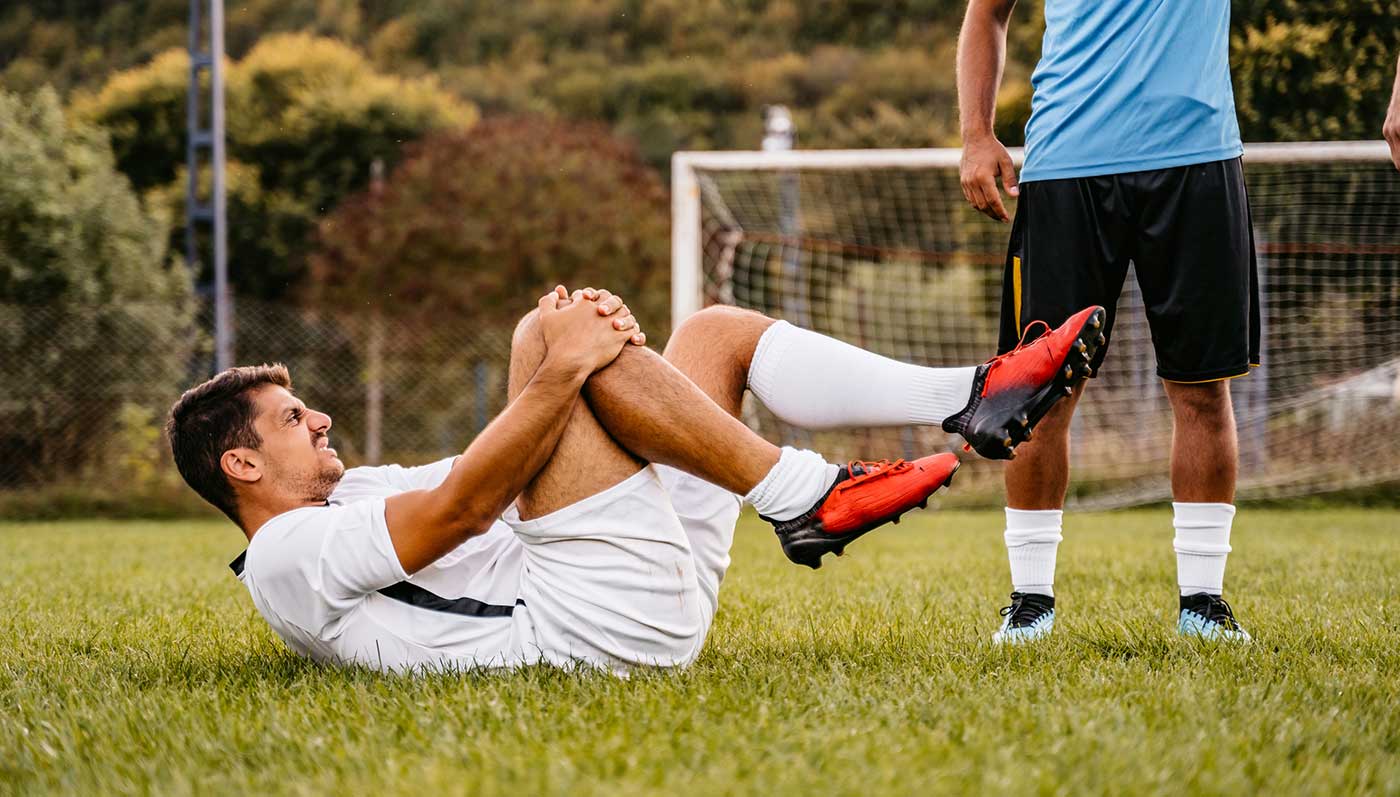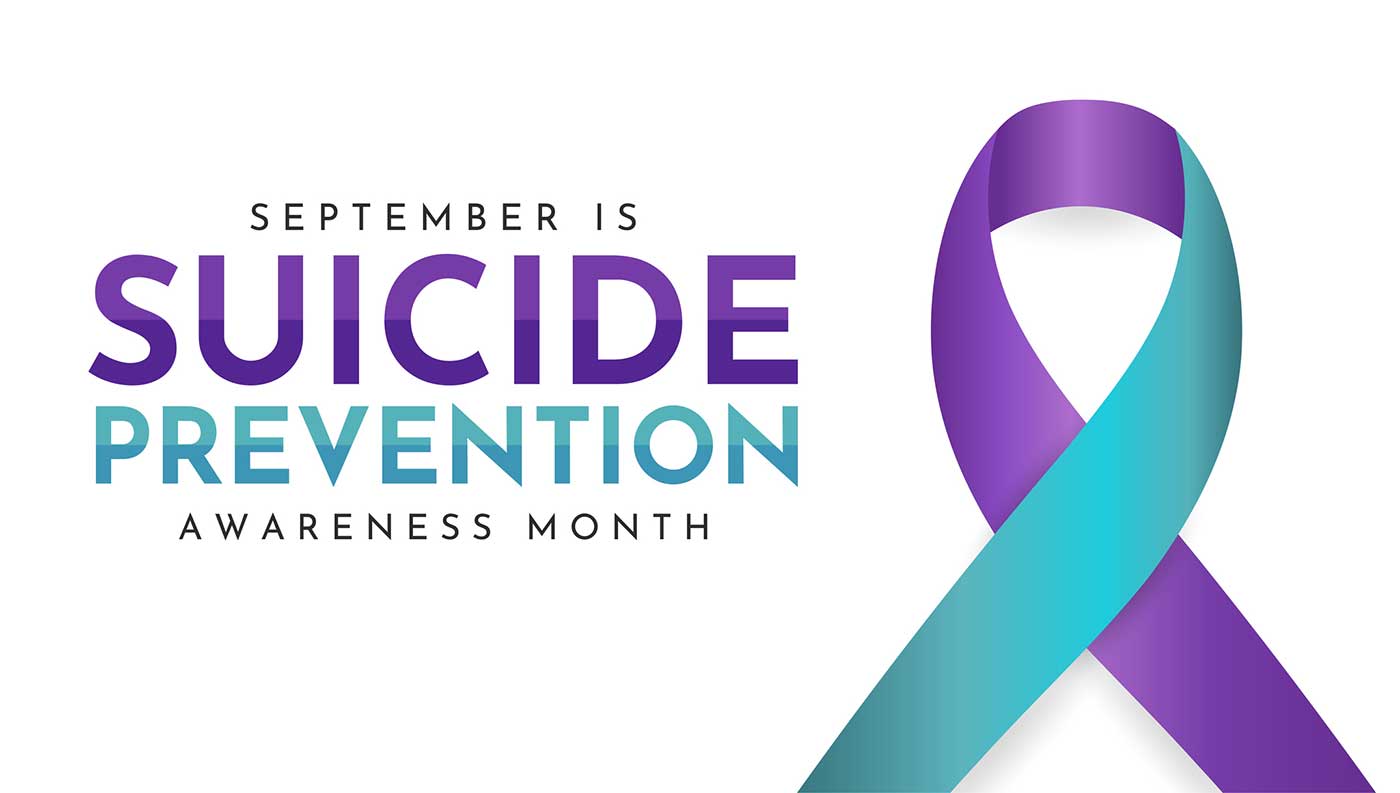As the temperatures rise, many of us are lacing up our sneakers, hitting the trails, and diving into outdoor sports and activities. Along with our favorite athletic pursuits come the risk of sports-related injuries. From muscle strains to stress fractures, these injuries have the potential to put a damper on our fitness goals and sideline us for weeks if not months. However, with the right knowledge and proactive measures, we can address these injuries effectively and minimize their impact on our overall well-being.
Here are seven common sports injuries, including their symptoms and causes:
- Muscle Strains: Activities that require sporadic bursts of intense physical activity like soccer, basketball, interval training and others can lead to muscle strains, particularly in the lower back, hamstrings, or quadriceps. Overexertion or inadequate warm-up can lead to tears in the muscle fibers, causing pain, swelling, and limited mobility. Read more about how to treat and avoid muscle strains.
- Achilles Tendinitis: People who ramp up vigorous activity, like running, too quickly may develop Achilles tendinitis – an overuse injury characterized by inflammation of the Achilles tendon. Tight calf muscles, improper footwear, and excessive hill running can exacerbate this condition, resulting in heel pain and stiffness. Learn about Achilles tendinitis treatment and prevention options.
- Bursitis: Activities that involve a lot of repetitive movement, like tennis, soccer, and golf, can lead to bursitis – a condition characterized by inflammation of the bursae which are small fluid-filled sacs that cushion the joints. Symptoms of bursitis include pain, swelling, and tenderness in the affected joints. Find advice on how to treat and avoid bursitis here.
- Meniscus Tears: Sports that involve twisting or sudden changes in direction, such as basketball or tennis, can cause meniscus tears. Athletes who tear a meniscus experience pain, swelling, and locking or catching sensations in the knee. Get more info on treatment and prevention of meniscus tears.
- Rotator Cuff Tendinopathy: Frequently, golfers, swimmers and even gardeners may develop rotator cuff tendinopathy – a degenerative condition involving damage to the tendons of the shoulder joint. Repetitive overhead movements or lifting heavy objects can contribute to this condition, resulting in shoulder pain and weakness. Read more on how to treat and avoid rotator cuff tendinopathy.
- Stress Fractures: Rapid increase in training intensity or mileage can put you at risk of stress fractures – tiny cracks in the bones due to repetitive stress or overuse. Poor biomechanics, inadequate footwear, and insufficient rest between activities all contribute to stress fractures, resulting in localized pain and swelling. Learn about how to treat and prevent stress fractures here.
- Plantar Fasciitis: Plantar fasciitis, a chronic condition characterized by degeneration of the plantar fascia, may affect those who engage in high-impact activities like running or jumping. Over time, the elasticity of the plantar fascia decreases. This decrease, combined with repetitive stress on the foot, can lead to microtears and tissue breakdown which produce heel pain and stiffness. Learn about plantar fasciitis treatment and prevention options.
Wrap Up
Whether you’re hitting the trails, pool, golf course, or soccer pitch this summer, it’s important to recognize the signs and symptoms of sports injuries. Simple steps like resting, applying ice, and using over-the-counter remedies can kick start the healing process and prevent further complications. If you suspect a more serious injury, it’s important to see your healthcare provider quickly. With proper care and guidance, you can recover from sports injuries and get back out there as soon as possible. Even better, get started on preventative measures so you minimize your risk of injuries completely!






Responses